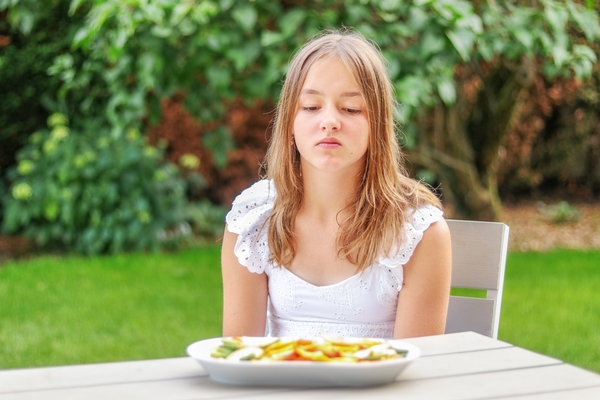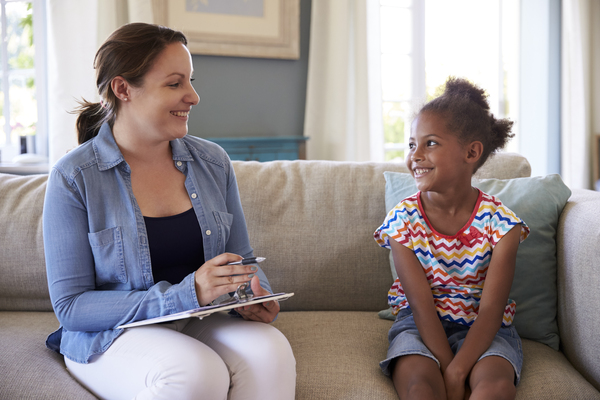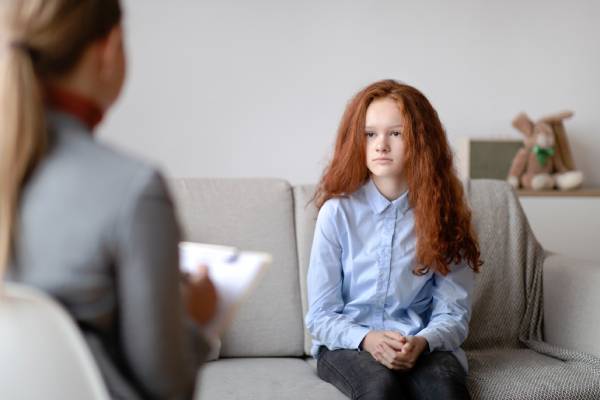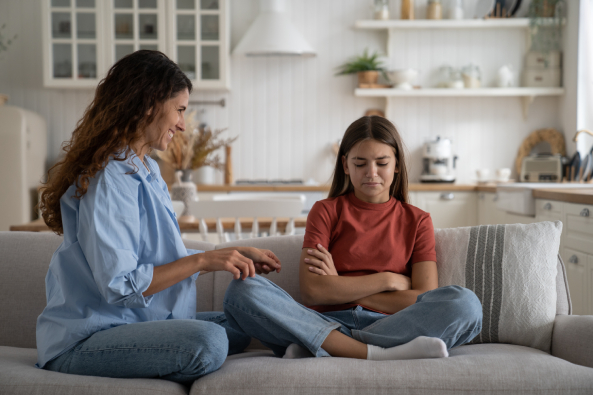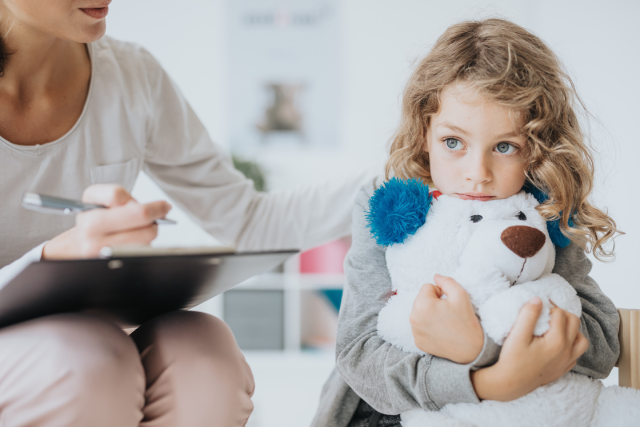How Counselling Can Help Children and Teens Navigate Body Dysmorphic Disorder (BDD)
In a social media landscape obsessively focused on body image, the reflection in the mirror can become a battleground for many young minds. Body dysmorphic disorder (BDD) is more than just fleeting insecurity; it's a...


